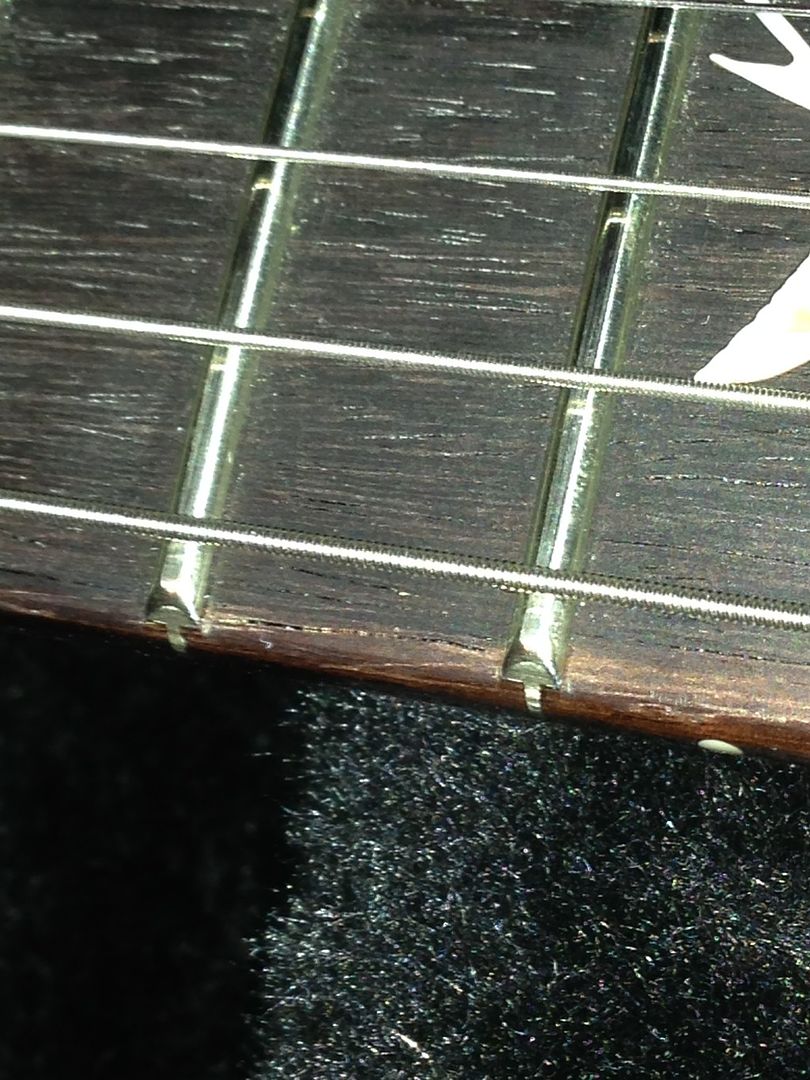stayfreejc
New Member
- Joined
- Dec 15, 2015
- Messages
- 48
Hi,
I have recently purchased a Custom 24 core model and it is a fantastic guitar. The one the thing I have noticed is that on the fretboard their are quite a few hairline cracks. They are extremely thin but some are up to 10-15mm long. It may just be a characteristic of the wood but I would not know. Most people probably would not notice them, but I notice any kind of imperfection. I own a Gibson SG and although the usual grain and imperfections are present their are no physical splits in the wood like on my PRS. I tried taking a photo, but I could not capture them on camera.
Any advice would be great as it is still under warranty so if it is a defect I can get it swapped.
Many thanks
I have recently purchased a Custom 24 core model and it is a fantastic guitar. The one the thing I have noticed is that on the fretboard their are quite a few hairline cracks. They are extremely thin but some are up to 10-15mm long. It may just be a characteristic of the wood but I would not know. Most people probably would not notice them, but I notice any kind of imperfection. I own a Gibson SG and although the usual grain and imperfections are present their are no physical splits in the wood like on my PRS. I tried taking a photo, but I could not capture them on camera.
Any advice would be great as it is still under warranty so if it is a defect I can get it swapped.
Many thanks



